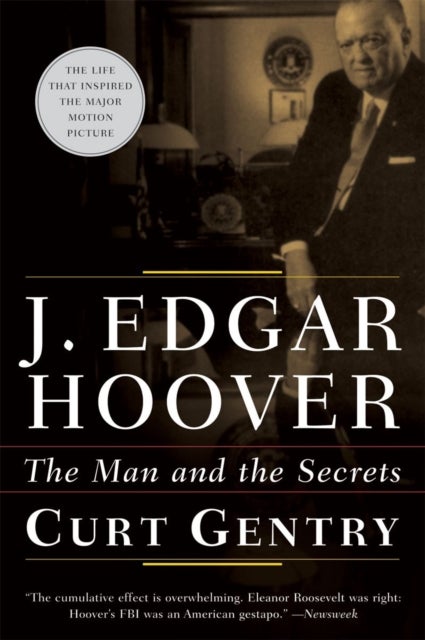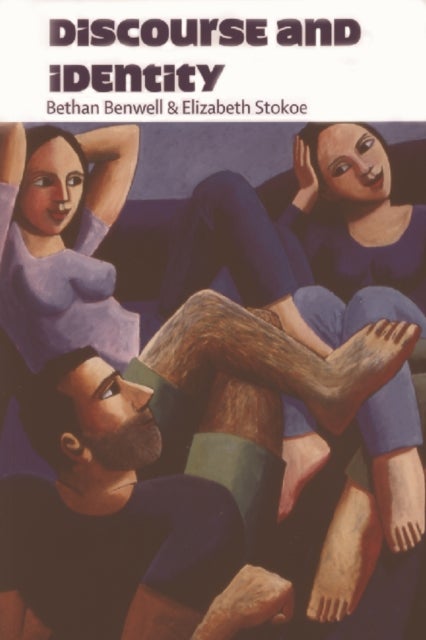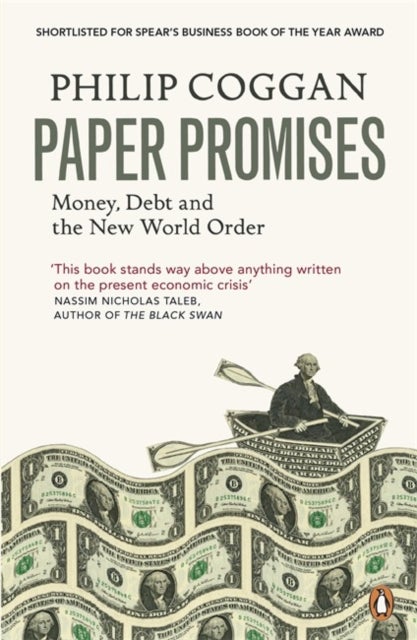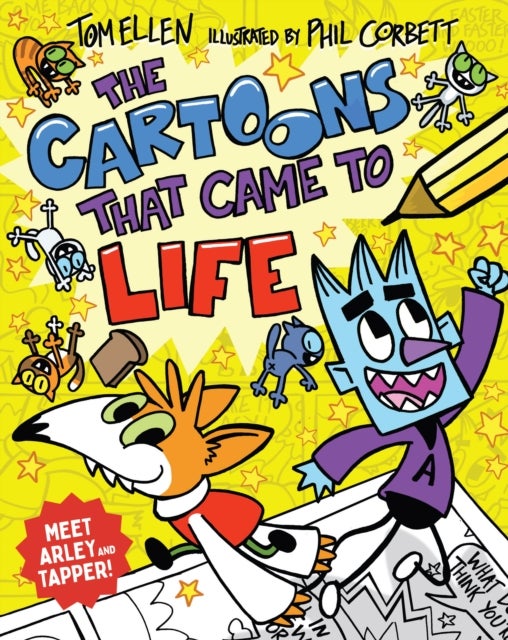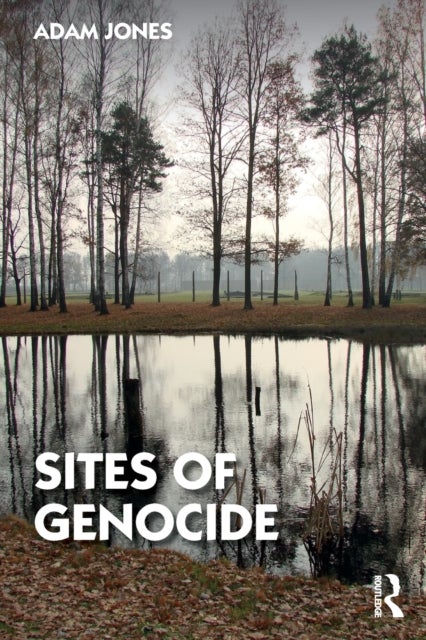
Sites of Genocide av Adam (University of British Columbia Okanagan Canada) Jones
429,-
<P>"Genocide" may be the most powerful word in the English language. What is the significance and relevance of this formative concept today? In an extraordinarily wide-ranging collection of essays and interviews, Adam Jones, one of the world''s leading genocide scholars, explores the uses and controversies surrounding the term that Raphael Lemkin coined during the Second World War to describe and prohibit mass atrocities against defined human groups.</P><P>In a style that is learned but always accessible and engaging, Jones addresses key historical and contemporary issues, such as: What were the motivations and proclaimed justifications for genocide in the "long nineteenth century" that shaped our modern world? How can "humanitarian" interventions in genocide avoid sliding into new imperialism? What are the connections between religion and genocide? How can the gender variable in genocide perpetration and victimization be understood? A wide range of historical and contemporary gen


